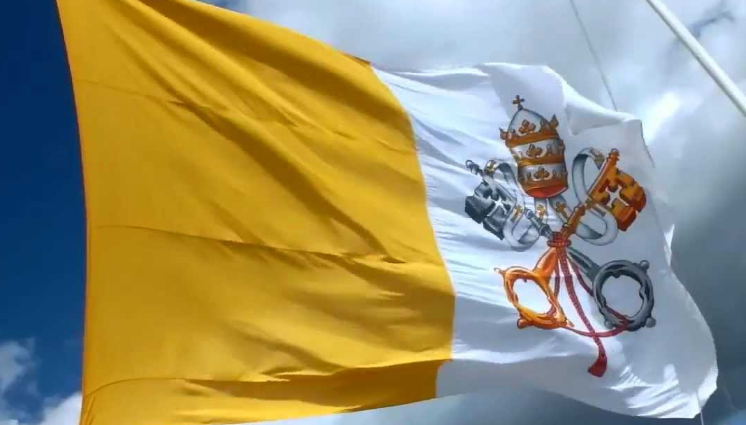The immediate response to Archbishop Viganò’s August 2018 letter was to completely ignore it. “I will not say a single word about this” became the 2018 version of “It depends on what the definition of ‘is’ is.”
While Truth can be isolated and removed from the public discourse for a while, it has a habit of showing up at the most inopportune times.
As noted in The National Catholic Register, on the same day Pope Francis broke his eight-month silence on the issue by proclaiming that he had no knowledge of McCarrick’s proclivities or of the restrictions placed on McCarrick by Pope Benedict XVI, McCarrick’s former secretary published excerpts of numerous correspondence showing that many in the Vatican had actual or constructive knowledge of both. Including Wuerl. By McCarrick’s own hand.
That doesn’t necessarily mean that Pope Francis was notified; if nothing else, the Vatican has been shown to be complicit in such activities, so it would not be terribly surprising if Pope Francis did not know. But given that nearly all of Archbishop Viganò’s proclamations have been shown to be true seems to weigh in favor of imputing knowledge at the highest levels.
The important takeaway from this article is not who-knew-what-when, but that in the age of WikiLeaks there will always be leaks of secrets that the keepers thought well-hidden. Coupled with Pope Francis new moto on reporting sexual abuse (Vos Estis), it is far more likely that such material will not stay hidden for long.
Bringing this into the light will certainly help bring a springtime of renewal to a Church that is being weighed down heavily with the sins of a “significant few” of its hierarchy. Let’s pray that the Church completely unburdens herself of this darkness.
